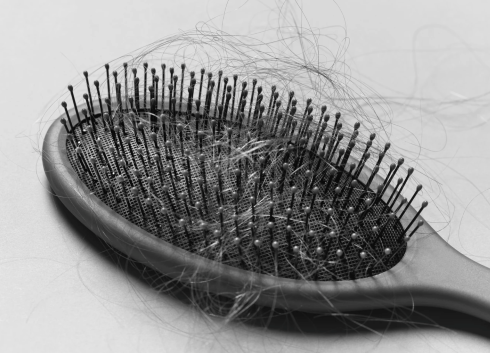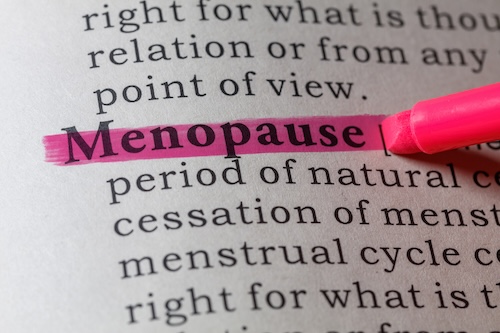A May 2024 review by NIH researchers marks the 30-year milestone of the Women's Health Initiative (WHI).

Menopause
Well Woman Today strives to be the premier menopause resource for health care professionals committed to advancing the health and well-being of all women.
Advertisement
Hormonal changes during the menopausal transition directly impact hair follicles and contribute to various types of hair loss
The findings challenge common assumptions about aging and sexual function.
"It's important to personalize any hormone replacement therapy to each patient’s unique needs and lifestyle."
Dr. Bruce Dorr, Senior Medical Advisor at BioTe Discusses HRT for menopausal women with BRCA1/2 mutations.
Women in their midlife using Hormone Replacement Therapy demonstrated a 32% lower dementia risk.
A new study revealed that cancers fueled by hormones like estrogen are most strongly linked to excess body fat.
By 2023, hormone therapy usage decreased among women aged 40 and older.
Studies have shown that menopause is associated with muscle loss and strength decline in women.
Studies have found that having both ovaries removed before natural menopause increases the risk of cognitive impairment.
Less than half women reported that their HCP counseled them on postmenopausal bleeding being a symptom of endometrial cancer.
After menopause, accelerated plaque buildup in women’s arteries rapidly increases their heart disease risk to match men's.
The skin of postmenopausal women who receive HRT is more prone to inflammation but also to self-repair.
Women who enter menopause before age 40 are twice as likely to die from heart disease.
“Women should know that hormone therapy is safe and beneficial.”
Scientists believe that hormones may contribute to these sex differences in susceptibility to lung cancer.
Women experiencing earlier menopause and higher vascular risk had lower cognitive scores.
Post-menopausal non-Hispanic Black women are more likely to experience weight gain than non-Hispanic white women.
The study revealed that Black, Asian, and Latina women on average begin menopause earlier than white women.




















 © 2025 Mashup Media, LLC, a Formedics Property. All Rights Reserved.
© 2025 Mashup Media, LLC, a Formedics Property. All Rights Reserved.